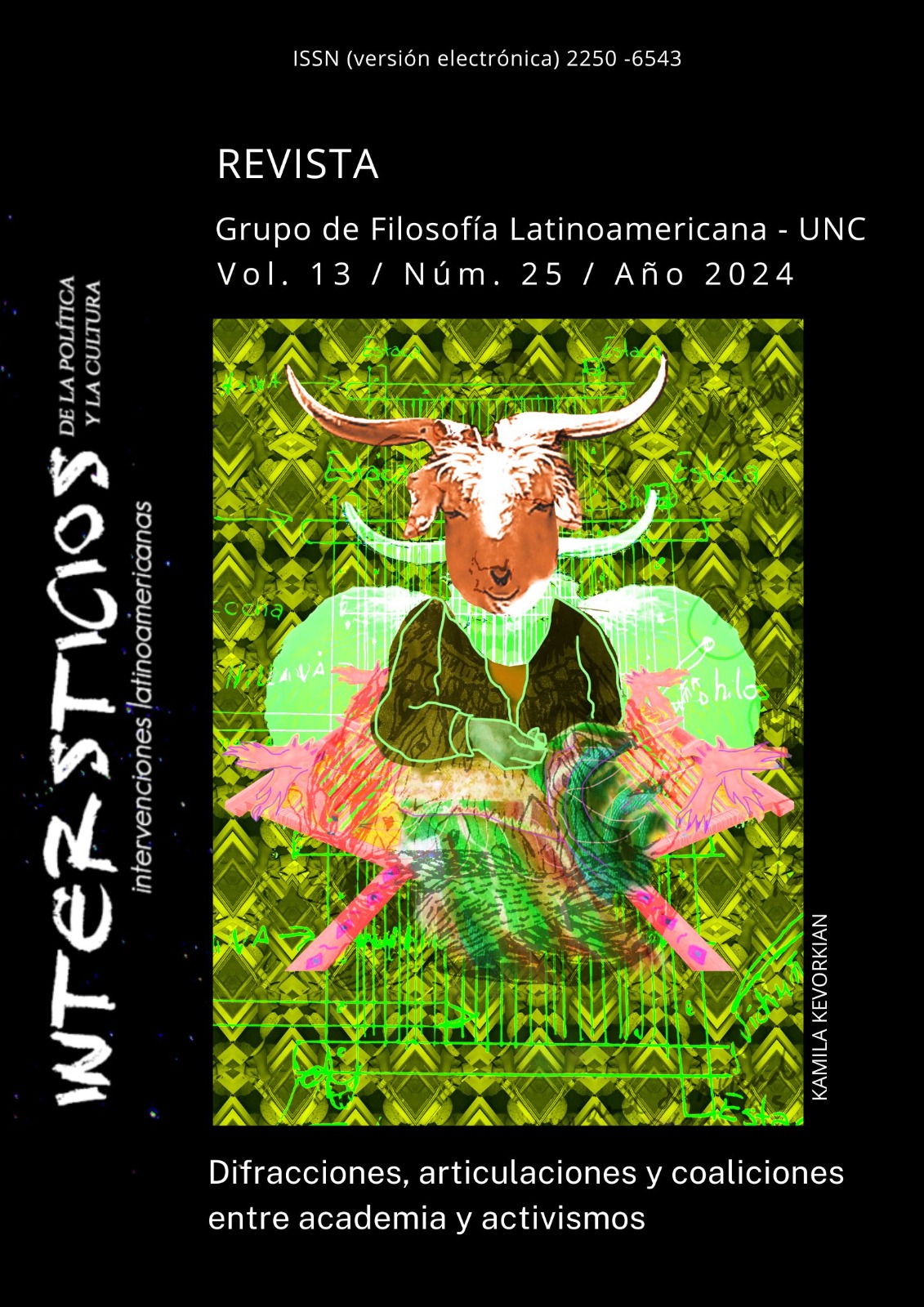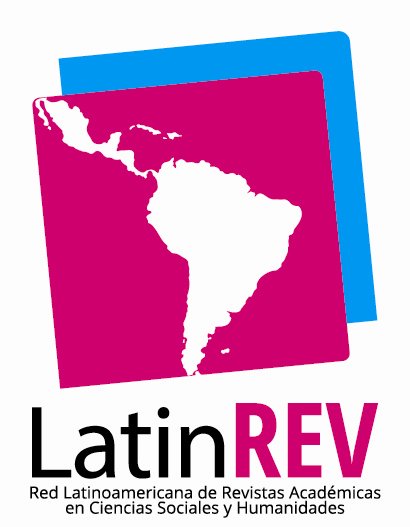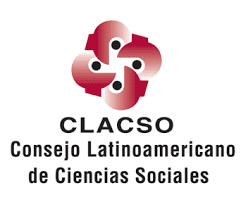Affective Co-Implications: Academy and Feminist Activism
Keywords:
Affective implications, militant experiences, vital and academic adventures, cuir writingsAbstract
Feminist activism and academic work can have a complex and sometimes tense relationship. In recent years, the disputes raised by feminist movements have been fundamental for the creation of gender studies in universities, various investigations show that feminist struggles have been an important engine in the penetration of gender perspectives in the forms of research as in teaching methods. In this way, this article aims to cover/narrate the personal itinerary of the researcher in order to account for the affective Co-implications imbricated in the processes of construction of knowledge about abortion in San Juan-Argentina.
This article shows the articulation between academic work, feminist activism and the relationship with our objects of study, it is in that between that the social and feminist researcher situates her dialogue with Sara Ahmed that contributes to the discussion. The contributions of this author, recognized within contemporary queer thought, are: "The Cultural Politics of Emotions" and "Living a feminist life" and they are pertinent to this memory exercise where categories, stories, vital adventures and of course the experiences of the groups that the author of the article inhabited or with which the author of the article is affectively co-involved.
In this sense, some of the militant experiences that make it possible to understand the researcher's interest in studying abortion are listed. Thus, to identify those militant situations, doctoral courses (typical of the course of study, attendance at seminars and participation in debate forums) that allow understanding this article aligned in a queer writing format.
Downloads
References
Ahmed, S. [2004] 2015. “Introducción: Sentir el propio camino”, “Sentimientos Queer” “Vínculos feministas”, en La política cultural de las emociones. Ciudad de México: Programa Universitario de Estudios de Género – UNAM.
Ahmed, S. [2017] 2021. “Vivir una vida feminista.” Ciudad de Buenos Aires. Editorial Caja Negra Editora.
Auge, M. (2000). “Los “No lugares” Espacios del anonimato: Una antropología de la Sobremodernidad”. Quinta reimpresión, Barcelona. Editorial Gedisa, S.A.
Ellis, C., Adams, T. y Bochner, A. (2010). Autoethnography: an overview. Forum: Qualitative Sozialforschung / Forum: Qualitative Social Research, 12(1). Recuperado de http://www.qualitativeresearch.net/ index.php/fqs/article/view/1589/3095. Publicado por primera vez en: Ellis C., Adams T. y Buchner A. (2010). Autoethnografie. En Mey G.& Ruck K. (Eds.). Handbuch Qualitative Forschung in Der Psichologie. Alemania: VS Verlag/springer
Muñoz J. E. (2019) “Utopía queer; El entonces y allí de la futuridad anti normativa”. Buenos Aires, Editorial CAJA NEGRA.
flores, v. (2017) “Interruqciones. Ensayos de poéticas activistas. Escritura, política, pedagogía. Córdoba. Editorial Asentamiento Fernseh.
Rodríguez, R. (2021) Corpobiografías de sanación: escrituras, cuerpos y saberes de mujeres / coordinación general de Rosana Paula Andrea Rodríguez; Sofía da Costa Marques; Victoria Pasero Brozovich. – 1a Ed. – Godoy Cruz-Mendoza. Editorial Teseo.
Bénard Calva, S.M. (2019) “Autoetnografía Una metodología cualitativa” D.R.© Universidad Autónoma de Aguascalientes. Ciudad Universitaria. Aguascalientes, Ags., 20131 www.uaa.mx/direcciones/dgdv/editorial/
Downloads
Published
How to Cite
Issue
Section
License

This work is licensed under a Creative Commons Attribution-NonCommercial-ShareAlike 4.0 International License.
Authors who have publications with this journal agree to the following terms:
a. Authors will retain their copyright and grant the journal the right of first publication of their work, which will simultaneously be subject to the Creative Commons Attribution License that allows third parties to share the work as long as its author and first publication in this journal are indicated.
b. Authors may adopt other non-exclusive license agreements for distribution of the published version of the work (e.g., deposit it in an institutional telematic archive or publish it in a monographic volume) as long as the initial publication in this journal is indicated.
c. Authors are allowed and encouraged to disseminate their work through the Internet (e.g., in institutional telematic archives or on their web page) after the publication process, which may produce interesting exchanges and increase citations of the published work (see The effect of open access).










